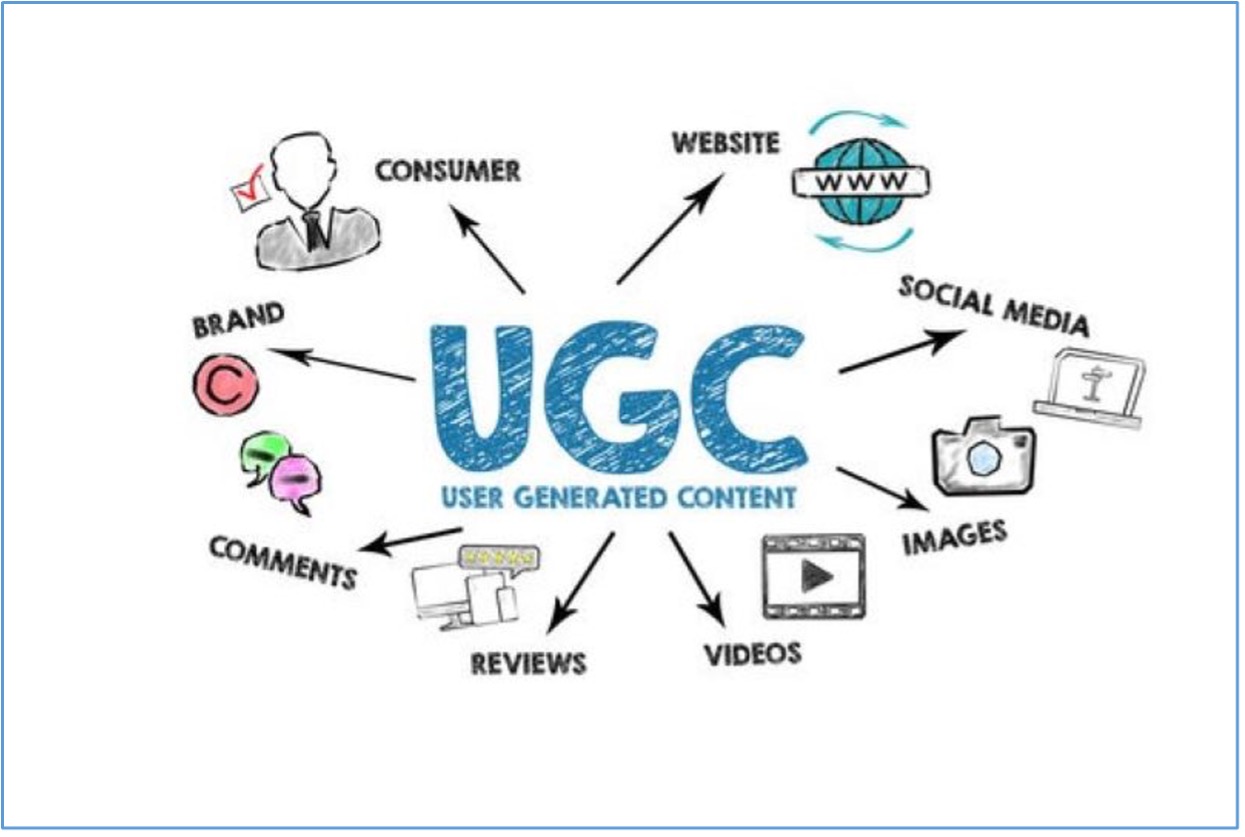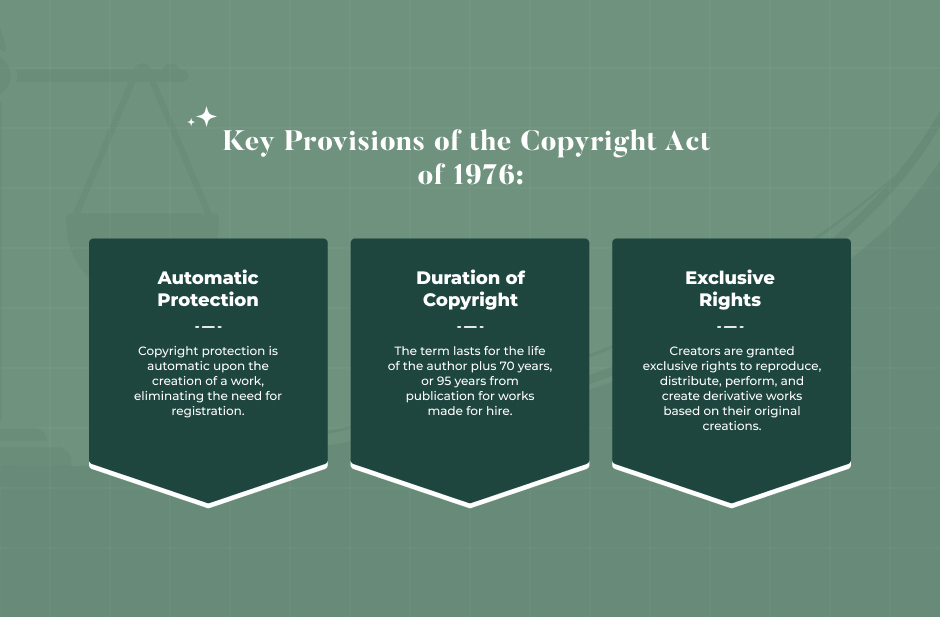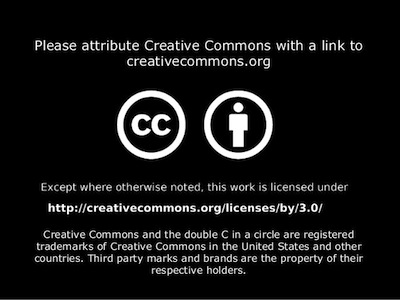Ethical Considerations in UGC: Navigating Copyright and Permissions for Brands
Meta Description: Explore the ethical considerations of User-Generated Content (UGC) for brands, understanding copyright, permissions, and best practices to build trust and comply with legal requirements.
Introduction
In today's digital landscape, User-Generated Content (UGC) is a powerful tool for brands seeking to engage their audiences authentically. As more organizations turn to UGC for their marketing strategies, understanding the ethical implications surrounding copyright and permissions becomes paramount. This blog aims to provide comprehensive insights into these considerations, helping brands navigate legal complexities while fostering a culture of respect for content creators.
With over 5 years of experience in SEO, I have assisted more than 20 companies in optimizing their awareness and respect for content rights. As we delve into the intricacies of UGC, we will empower brands to utilize this content responsibly and ethically.

Understanding User-Generated Content (UGC)
User-Generated Content (UGC) refers to any content created and shared by individuals rather than brands, encompassing a wide range of formats including photos, videos, reviews, testimonials, and social media posts. In marketing, UGC has emerged as a vital aspect, offering brands an opportunity to enhance their authenticity and connect with audiences on a personal level.
Common Forms of UGC
- Customer Reviews: Feedback from users sharing their experiences with products or services.
- Social Media Posts: Content shared by users on platforms like Instagram, TikTok, or Facebook, showcasing their interactions with brands.
- Videos and Vlogs: Content created by consumers, often highlighting their unique take on a brand’s offering.
- Hashtags and Challenges: Engaging users through campaigns that encourage them to create content centered around specific themes or topics.
The Legal Landscape of UGC
To navigate the world of UGC ethically, it is crucial to understand the legal framework surrounding copyright. The Copyright Act of 1976 in the United States establishes that the creator of a work holds exclusive rights over their content. Utilizing someone else's work without explicit permission can lead to legal repercussions unimaginable to many brands.

Key Copyright Concepts
- Exclusivity: Only the copyright holder has the right to reproduce, distribute, or display their work.
- Duration of Copyright: Copyright typically lasts for the creator's lifetime plus 70 years, meaning their rights endure long after the content is shared.
- Permission Requirements: Brands must obtain explicit consent from content creators before using their work, ensuring respect for intellectual property.
Real-World Examples of Ethical UGC Usage
Several brands have navigated the UGC landscape successfully by adhering to ethical practices and respecting creators’ rights.
Coca-Cola’s #ShareaCoke Campaign
Coca-Cola's #ShareaCoke greatly encouraged customers to personalize their drinks and share the experience on social media. By creating a structured campaign around UGC, Coca-Cola obtained necessary permissions from users to amplify their content. This not only enhanced brand loyalty but also established trust with its audience, showing that respecting creator rights can amplify marketing effectiveness.
Starbucks’ Red Cup Contest
Starbucks encouraged its fans to share their holiday traditions using their iconic red cups. They clearly outlined contest terms, which ensured that participants knew their content would be utilized by the brand. By obtaining proper rights to use the entries, Starbucks maintained a fair relationship with content creators and fostered community engagement.
Leading Ethical Practices for Brands
The importance of ethical practices cannot be overstated, and brands can follow established guidelines to navigate their use of UGC effectively. The American Marketing Association (AMA) and the International Association of Privacy Professionals (IAPP) develop standards for ethical brand practices which can steer brands as they weave UGC into their strategies.
Best Practices to Consider
- Obtain Explicit Consent: Always seek permission from content creators before using their work. This can be done through clear agreements or contracts.
- Offer Proper Attribution: Acknowledge creators by tagging them in social media posts or providing credits on external channels, reinforcing a respectful relationship.
- Develop a UGC Policy: Create clear internal guidelines outlining how your brand will handle UGC, including copyright compliance and attribution practices.
- Utilize Legal Tools: Consider using third-party platforms that facilitate legal agreements when working with content creators or agencies.
Insights into UGC Effectiveness
Research shows that UGC is not just a trend but a significant component of successful marketing strategies. According to a 2023 report, brands that incorporated UGC into their campaigns saw engagement rates increase by 4.5 times compared to traditional marketing methods. Moreover, data from Nielsen indicates that consumers are 79% more likely to engage with content shared by their peers rather than branded content, underscoring the power of authentic voices.
Consequences of Non-Compliance
Failing to respect copyright laws can lead to severe legal ramifications. Brands that do not comply with permissions risks facing lawsuits; a vivid example is Getty Images, known for its vigorous pursuits against companies using images without permission. Such oversights can lead not only to hefty financial penalties but also to significant reputational damage that can last long after any resolution.
Case Studies of Ethical UGC Use
- GoPro: The camera brand encourages users to create and share content, all while outlining clear terms of use and obtaining permissions. The efforts have allowed GoPro to cultivate a community of loyal ambassadors who generate compelling marketing materials.
Future Trends in UGC
As digital platforms continuously advance, the ethical considerations surrounding UGC are becoming even more critical. Legislative changes like the Digital Services Act (DSA) in the European Union signal a shift towards stronger regulations in digital marketing. Brands must remain vigilant, adapting to ongoing changes in the laws surrounding copyright and ethical content use.
Resources and Tools for Ethical UGC Usage
To help brands and content creators navigate the complexities of UGC, several resources are available:
- Creative Commons: A platform that offers free licenses to creators, allowing them to specify how their work can be used.

- Content Rights Management Software: Tools designed to simplify the management of permissions and copyright compliance (e.g., Trello for team collaboration or BuzzSumo for content research).
Conclusion
Ethical considerations surrounding User-Generated Content are paramount in navigating the evolving landscape of digital marketing. Brands must recognize their responsibility in respecting viewers and creators alike by understanding copyright laws and obtaining necessary permissions. By doing so, not only will brands protect themselves legally, but they will also build stronger, trust-based relationships with their audience. Embracing ethical practices in UGC not only enriches the brand’s narrative but empowers the digital community, nurturing an environment of respect and collaboration.
Explore more about responsible marketing practices and stay informed by signing up for our newsletter to receive updates and insights!
